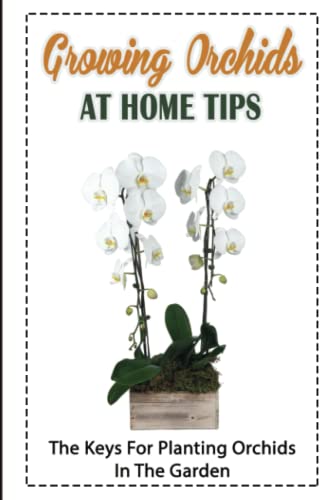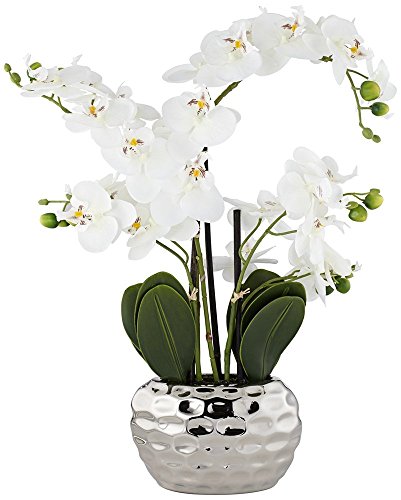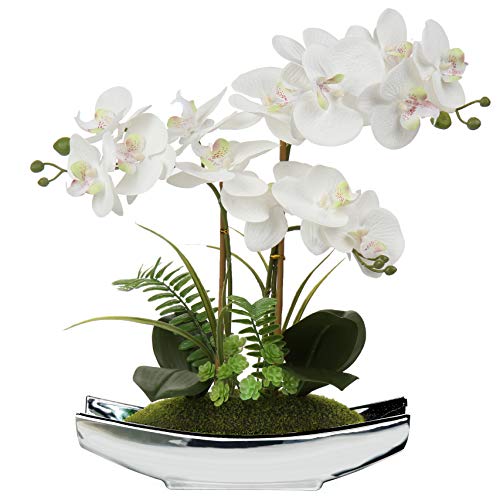Tom-DE
Well-Known Member
That is your interpretation, but not true (for U.S.).However, if country A issues a valid CITIES export permit for rungsuryanum, and a proper import is in place here in the US, and USDA allows the plant into the country, then it is legal here. This is apparently what happened twice that I know of, as plants were being openly sold at the Tamiami show and at Redlands. Thus, the Lacy act is not applicable since the exporting country and the US legally allowed the plant to move across borders and there is no way to determine if the plant was nursery raised. There are thousands of seed raised rungsuryanum in Thailand, as well as flowering size plants of dozens of primary hybrids. We have all seen the photos. There is nothing illegal about that.
I would like to see the u.s nurseries get them from Thailand and "legally--openly" sell them now.
Last edited:




































